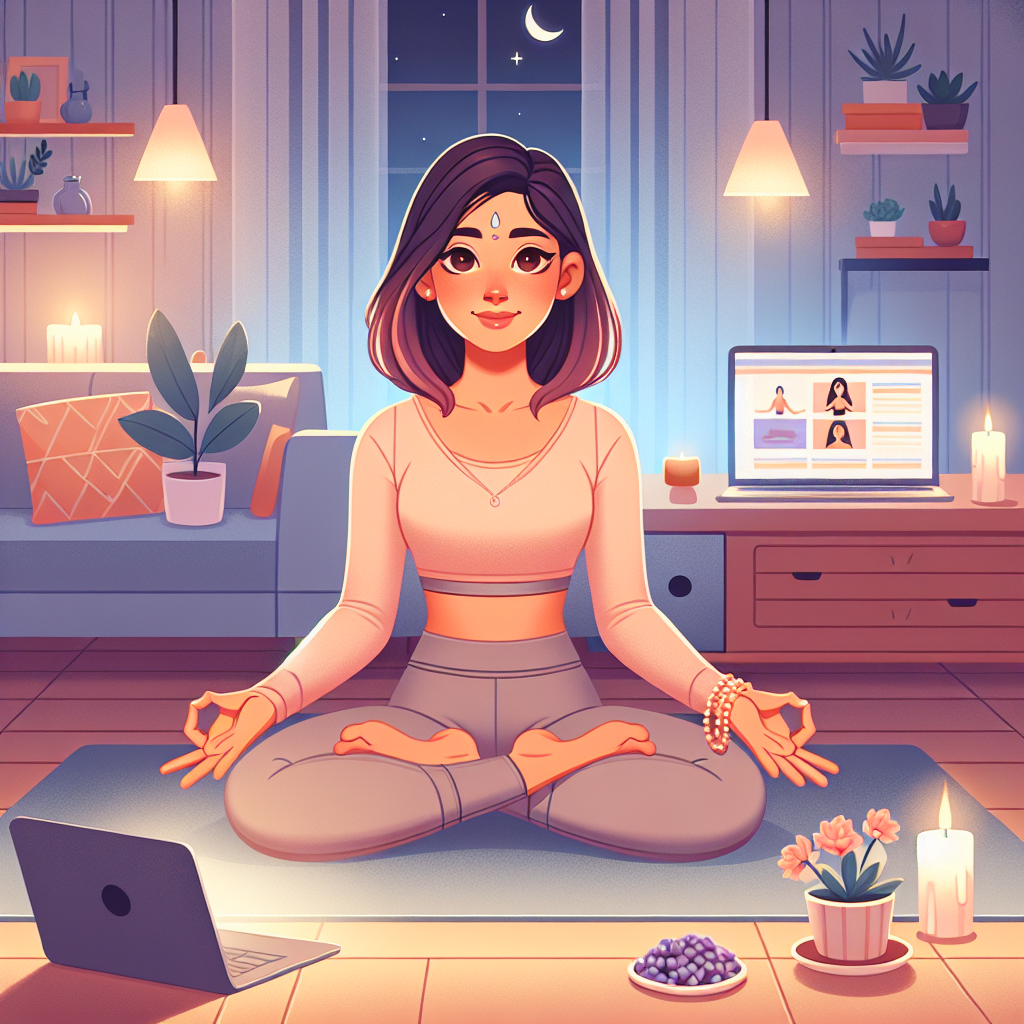
Meditation how to start
Meditation: How to Start Your Journey
Meditation has become increasingly popular as a way to enhance relaxation, boost mental clarity, and foster emotional well-being. If you're contemplating taking the plunge into the world of meditation, you may be asking yourself, "where do I begin?" This comprehensive guide will walk you through the essential steps on how to start a meditation practice that suits your unique lifestyle and preferences.
The Benefits of Meditation
Before diving into the practical steps, it’s important to understand why meditation is worth your time. Here are some of the most notable benefits:
- Reduces Stress: One of the most significant reasons people start meditating is to alleviate stress. Meditation activates the body’s relaxation response, which helps lower anxious feelings.
- Enhances Self-Awareness: Regular meditation can improve your self-awareness and help you clarify your values and goals.
- Improves Focus: Studies show that meditation can lead to improved attention and concentration, making it easier to manage daily tasks.
- Promotes Emotional Health: Some types of meditation can lead to improved self-esteem and a more positive outlook on life.
- May Reduce Age-Related Memory Loss: The improved focus and mental clarity from meditation can help keep your brain sharper as you age.
Setting Your Intention
Before you start your practice, it's beneficial to set a clear intention. Consider what you hope to achieve through meditation, whether it's stress relief, improved focus, or simply a greater sense of well-being. A well-defined intention will give your practice direction and meaning.
Preparing for Meditation
Now that you've set your intention, it's time to prepare for meditation. Here are several steps you can follow to get started:
- Choose the Right Environment: Find a quiet and comfortable space where you won’t be disturbed. This can be a dedicated meditation corner in your home, a park, or even your office.
- Gather Your Materials: You may want to consider having a cushion or blanket for comfort, as well as some calming items like candles or incense.
- Set a Timer: It can be helpful to set a timer for the duration you wish to meditate, especially as a beginner. Start with shorter sessions (5-10 minutes) and gradually extend the time as you feel more comfortable.
Choosing a Meditation Technique
Once you've prepared your space, the next step involves choosing a meditation technique. With so many styles available, it can be overwhelming at first. Here are a few popular options to consider:
- Mindfulness Meditation: This technique focuses on being present in the moment and observing your thoughts without judgment.
- Guided Meditation: In this style, an instructor or audio guide helps you through meditation, often with visualizations or specific themes.
- Transcendental Meditation: This involves silently repeating a mantra to settle into a deeper state of rest and awareness.
- Loving-Kindness Meditation: This practice cultivates an attitude of love and kindness toward oneself and others.
Creating a Meditation Routine
Consistency is key to seeing the benefits of meditation. Here’s how to develop a solid routine:
- Schedule Your Meditation: Choose a time of day that works best for you, whether it’s in the morning, during lunch, or before bedtime.
- Start Small: Begin with just a few minutes a day and gradually increase the duration as your confidence grows.
- Make it a Habit: Try to meditate at the same time every day to incorporate it seamlessly into your routine.
- Be Patient: Don’t expect immediate results. Meditation is a skill that requires time to develop.
Overcoming Common Challenges
Many beginners face challenges while starting their meditation practice. Here are some common hurdles and ways to overcome them:
- Restlessness: It's normal to feel restless when you first start. Focus on your breath and allow any thoughts that come up to simply drift away.
- Difficulty Concentrating: If your mind wanders, gently bring your focus back to your breath or mantra without self-judgment.
- Time Constraints: If you find it hard to carve out time for meditation, consider shorter sessions or integrating mindfulness into daily activities, such as walking or eating.
Exploring Different Resources
There are numerous resources available to help you deepen your meditation practice:
- Apps: Many smartphone apps offer guided meditations, timers, and reminders. Popular options include Headspace, Calm, and Insight Timer.
- Books: Reading about meditation can provide insight and inspiration. Consider titles like "The Miracle of Mindfulness" by Thich Nhat Hanh or "The Power of Now" by Eckhart Tolle.
- Online Courses: Various websites and platforms offer courses ranging from beginner to advanced meditation techniques.
- Local Classes: Check community centers or yoga studios for local meditation classes.
Staying Motivated
Staying motivated in your meditation practice is crucial for long-term benefits. Here are some tips:
- Track Your Progress: Consider keeping a journal to monitor how you feel before and after each session.
- Join a Community: Connecting with others who meditate can provide support and encouragement. Look for local groups or online forums.
- Be Flexible: If your schedule changes or you miss a day, don’t be hard on yourself. Adapt your routine as needed but strive to keep at it.
Conclusion
Starting a meditation practice is a highly personal journey that varies from individual to individual. By understanding the various techniques, creating a routine, and remaining patient, you can successfully integrate meditation into your life. Remember, the journey is just as important as the destination—cherish each moment as you explore the profound world of mindfulness and self-discovery.
"Meditation is not about stopping thoughts, but recognizing that they are just thoughts and letting them pass." – Jon Kabat-Zinn
As you embark on this path, embrace the process and be open to the transformative power of meditation.
By Guest, Published on August 16th, 2024